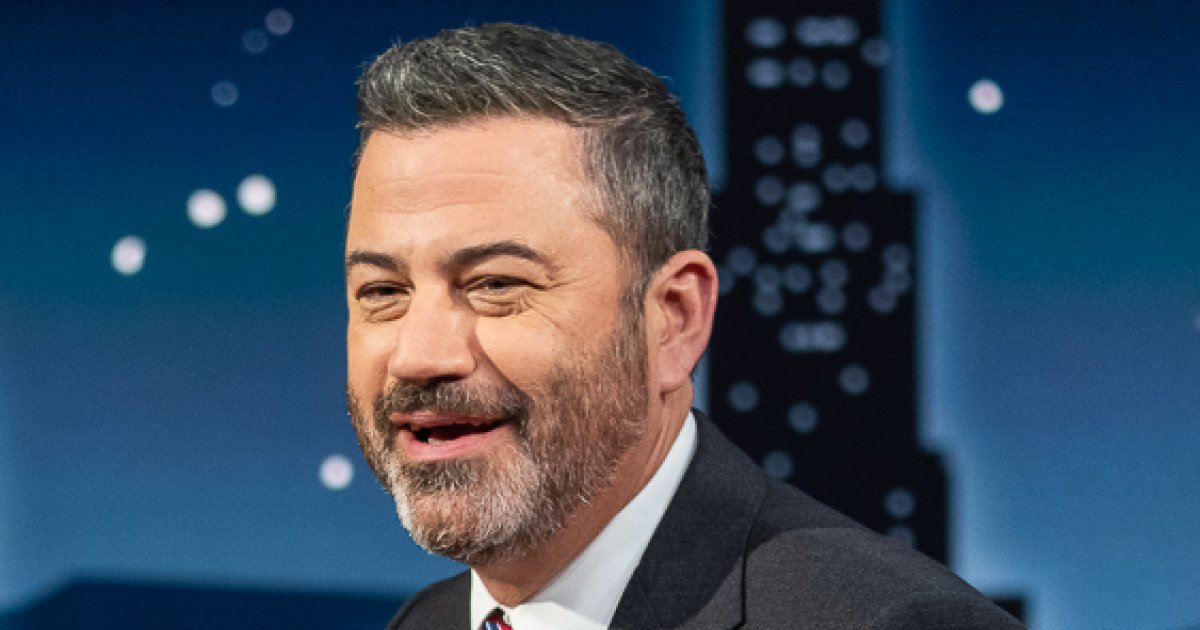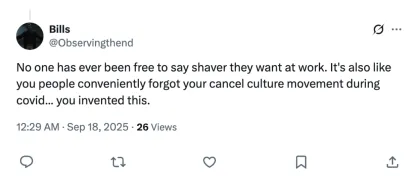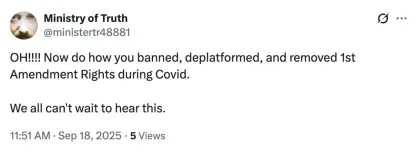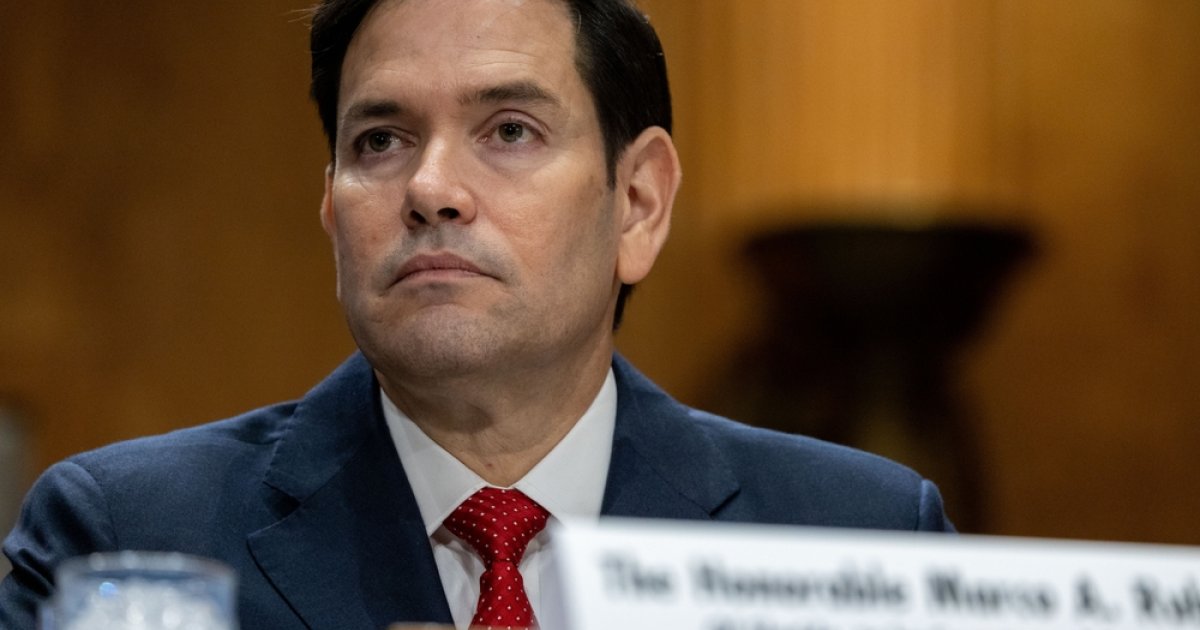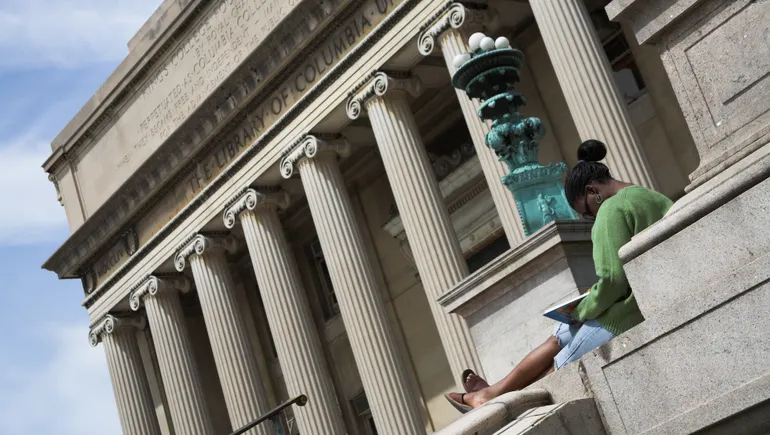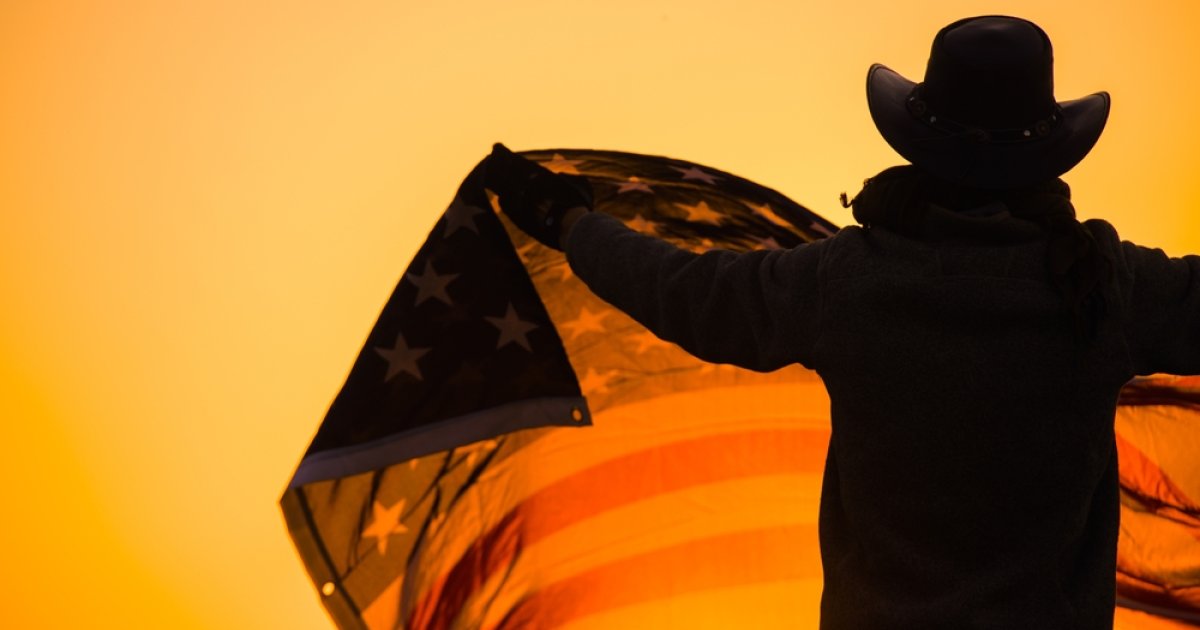When a member of staff claimed their course reading list was “diverse” because it included authors from the UK, North America, and Australia, it captured something problematic in higher education: an entrenched Eurocentric worldview dressed as global perspective.
Despite growing sector-wide commitments to equity, diversity and inclusion, many UK university curricula remain bounded by the ideas, voices and assumptions of the Global North. This isn’t just an issue of representation. It cuts to the core of what and whose knowledge counts and who the curriculum is for.
Universities have long functioned as what sociologist Remi Joseph-Salisbury calls “white spaces”; spaces where whiteness is not just numerically dominant, but culturally embedded. When students from minoritised backgrounds find their lived experiences absent from course readings, case studies, or teaching examples, the message is clear: they are not the imagined subject of the curriculum.
Lost in translation
This exclusion is rarely intentional. However, its effects are deeply felt. Students must expend emotional labour to navigate, challenge or mentally translate course content that does not reflect their experiences or worldviews. For some, this produces what scholars such as Smith and colleagues in 2014 have termed racial battle fatigue.
Language plays a significant role here. In many classrooms standard academic English, which is rooted in the speech of white, middle-class Britons, is upheld as the norm. Yet this language can be very different to that adopted by young people. Students who speak dialects such as Multicultural London English (MLE), or whose cultural references differ from the mainstream, are often seen as less articulate or capable. Even institutional communications, usually packed with acronyms like NSS, OfS, PGCert, and so on can create an impenetrable culture that alienates students unfamiliar with higher education’s bureaucratic vernacular.
Such institutional language is frequently seen in formal assessment briefs and feedback mechanisms, and so existing insecurities and barriers are reinforced. Minoritised students can struggle to link the assessments to their own lived realities and performance is impacted. These are factors that will contribute towards the ethnicity degree awarding gap, at many universities where white students tend to be awarded more top grades at the end of their studies than students from minoritised backgrounds.
From audit to agency
To address the ethnicity degree awarding gap, universities are now moving away from peer reviews or external examiner reports for assessments of teaching and learning materials. In their place, models of evaluation have been introduced that empower students to take the lead in assessing the inclusivity of their curriculum. This isn’t a symbolic gesture. Student reviewers can not only be trained in inclusive pedagogy and curriculum theory but bring a wealth of experiences and insights that add considerable value to curriculum.
Having a student review their teaching can be challenging for staff, but it should be viewed as a positive experience and an opportunity to develop. Practical, structured student feedback specifically about how the curriculum is experienced isn’t routinely available but by positioning students as co-creators rather than consumers of education and working with them to develop a negotiated curriculum universities can begin to develop what Bovill and Bulley in 2011 call “student–staff partnerships” in curriculum design. More importantly cultures of reflection will be built among both students and staff.
Indeed, the insights gathered by students provide fresh ideas and impetus for change. Universities should expect to see changes such as staff diversifying reading lists, incorporating non-Western knowledge systems, adopting and adapting podcasts and visual content, removing or clarifying colloquialisms, and reflecting more critically on their own teaching assumptions. Students also benefit as they gain a deeper understanding of learning and teaching at a personal and institutional level while developing skills that make them more employable.
Structural limits, and what they reveal
It is important that inclusion is not viewed as a compliance exercise. Inclusivity isn’t just about content or the material on reading lists, but about systems. Class times, unit design or professional frameworks can prevent meaningful change. These barriers resonate with what Sara Ahmed calls “non-performativity”; institutional practices that talk inclusion but do little to change the power structures that sustain inequality.
Too frequently in HE, students are asked for feedback at the end of a module; asked what is missing or could be improved. And too often, the work of inclusion is treated as a box-ticking exercise, rather than as a long-term commitment to changing institutional norms. Collaborations that give agency to students provide visible demonstration to staff and students that inclusion matters, and that they need to work together to take practical steps that make a real difference.
Importantly, in the same way that it is vital to reduce the burden of navigating racialised systems and institutional language, inclusive practice cannot rest on the unpaid labour of those most affected by exclusion. Students employed to do this work should be compensated, recognising their expertise and time – institutions must demonstrate their commitment to this work.
It is also important to address how gender, disability, class, and educational background also shape curriculum experience. This move reflects the understanding, drawn from Kimberlé Crenshaw’s work that inclusion must be multi-dimensional. One-size-fits-all interventions rarely address the complex realities students navigate.
Reimagining who defines knowledge
Curriculum audits on their own are not enough to drive change, A shift in culture is needed. The idea that academics alone define what is taught must be challenged, with students viewed not as passive recipients but as partners in learning.
If universities are to genuinely respond to the challenges of structural inequality, they must go beyond slogans and statements. They must create space for critique, redistribute power, and invite students to shape the educational experiences that shape them in return.
At a time when EDI initiatives in the higher education sector are facing pressure from right-wing popularist leaders it is perhaps now more important than ever that efforts to decolonise and diversify curricula continue to grow. The question for higher education institutions is whether they are willing to relax their control over whose knowledge counts.
Practical takeaways for sector professionals
- Start small, but with structure. Begin with a pilot group of trained student reviewers and focus on a manageable number of modules.
- Pay students. Their labour and insights are valuable; budget for it.
- Support staff engagement. Offer training and development to help staff reflect and act without defensiveness.
- Embed responses in course planning. Ensure that student input leads to visible, documented changes.
- Build community, not compliance. Inclusion isn’t just about metrics; it’s about shared commitment to equity and belonging.
The authors are grateful for the contributions of Rebekah Kerslake and Parisa Gilani to this article.


